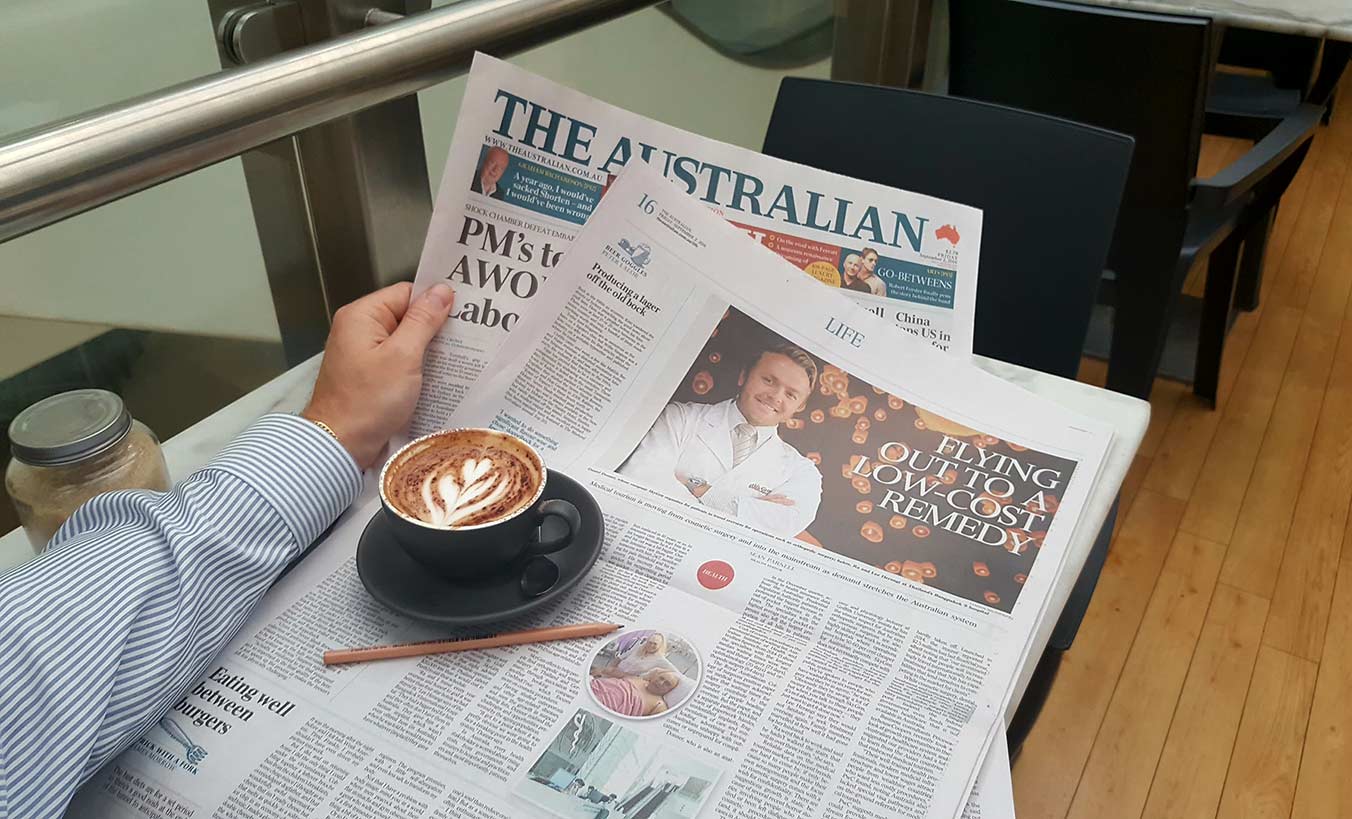Public Surgery Waiting Lists See Orthopaedic Patients Look Abroad
In Australia, patients in some states and territories wait much longer than others for elective hospital procedures like orthopaedic and cardiothoracic surgery. Ultimately, ageing Australian patients suffering from age-related disorders like osteoarthritis can wait 3-5 years (or more) for much needed procedures such as hip or knee replacement.
The international healthcare landscape is rapidly evolving and adapting to the needs of patients locked in countries where either surgery wait times or surgery prices are too high for their average citizens.
World Orthopaedic is a patient coordination agency based in Queensland supporting Australian patients travelling to hospitals in locations across Europe and Asia.
“We analysed the figures presented in the most recent Australian Hospital Statistics Report and revealed massive opportunities for patients stuck on waiting lists here in Australia.” said a representative of the global healthcare industry Mr Daniel Donner.
According to the Australian report, almost 800 thousand patients are added to elective surgery waiting lists each year and only 700 thousand patients are receiving the surgery for which they waited.
Unaddressed age-related disorders like osteoarthritis and degenerative disc disease expose patients to developing secondary diseases or comorbidities such as obesity, diabetes, heart disease and depression.
Approximately 65,000 patients become unfit for or are otherwise denied from surgery after having waited for it, according to the report.
“By the time one of our hospital’s hip surgery patients had contacted us, he had put on considerable weight while he patiently sat and waited on a public waiting list. He eventually gave up waiting and started paying monthly premiums for private health insurance”, described another representative of the Global Healthcare Industry, Mr Jake Lemon
“After waiting another 12 months for his insurance to cover his pre-existing hip condition, he was ultimately denied his surgery. Immobilised by pain, he gained weight while waiting for surgery and this excluded him from cover as a high-risk patient.”
“The waiting lists for orthopaedic surgery have grown by over 10% in the past 5 years and are likely to continue growing alongside the steadily increasing age of the Australian population.”
“Unfortunately, the waiting times for patients in Australia are not likely to improve in the lifetimes of the patients currently on these lists.”
“It’s not a rarity for us to hear these stories of patients falling through the cracks. Most importantly, we provided this patient with an equally safe, immediate and affordable surgery alternative overseas. And we will continue to do this for countless other Australians.”
As global patient coordination firms and facilitators like CosMediTour are rapidly developing their capacity for providing international healthcare to Australian patients, these companies appear to be effectively alleviating the current waiting lists and improve the state of affairs here in Australia.
“A patient may choose to wait on a public waiting list because they can’t afford $25,000 – 30,000 for a knee replacement in a private Australian hospital.”
“But with the entire medical travel package for a knee replacement including flights, accommodation and all the extras available to patients for between $10-15,000 we’re seeing growing numbers of patients leave the public waiting list to travel with our orthopaedic medical travel agency.”
According to the most recent Australian numbers, approximately 22,000 Australians remove themselves from elective surgery waiting lists each year by having their surgery performed elsewhere, including overseas.
Not only does this shorten the waiting list and wait times for other patients, it may eventually reduce the economic burden of “exported patients” on tax payers back home.
“Everyone’s heard horror stories of people travelling overseas for surgery independently and coming unstuck. In contrast, international healthcare facilitation by experienced agencies protects international patients through vertical integration in destination hospitals, and escorting patients through these hand-picked facilities.”
Although one might expect a premium to be paid to short-cut a waiting list to receive private healthcare in Europe, patients often save money when they travel for surgery with a local coordinator. And if anything were to go wrong, as medicine often can, having a coordinator on your side representing you is an experience unique to the world of coordinated global healthcare.
“The Australian healthcare system has its incredible strengths, but waiting times for elective orthopaedic and spine surgery remains an unresolved health gap. It’s not unreasonable to have expected an industry to emerge that pursues this as an opportunity to impact change domestically by sharing the unique strengths of offshore healthcare systems with Aussies waiting needlessly in pain.”

